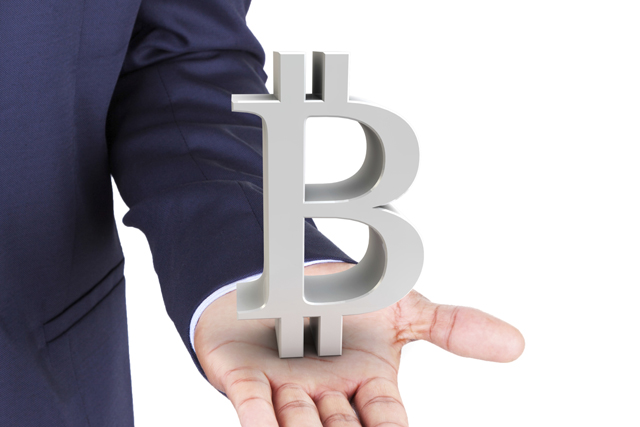At the end of 2013, as the world collectively rolled its eyes at the fact that "selfie" was deemed word of the year by the Oxford English Dictionary (OED), what was perhaps more surprising was the fact that the word "Bitcoin" was a runner-up.
Put "Bitcoin" into Google Trends and it appears from nowhere in early 2011, and climbs to a Matterhorn-esque spike in 2013. So what is Bitcoin, how easy is it to understand and use in the first place, and why should we care?
Let’s start with a definition from our friends at the OED, who describe it as "a digital currency in which transactions can be performed without the need for a central bank". It states its origin as early 21st century, from "bit", in the computing sense of "a unit of information", and "coin". The term first appeared in late 2008, in a research paper written by a developer, and the first Bitcoins were created in 2009.
So far, so simple. At BBH Labs, we conducted an "Open Wallet Experiment" earlier this year to learn more. Aside from the attacks on Bitcoin’s security and anonymity putting it under strain, the reality is that Bitcoin is complex to grasp fully and hard to use in practice.
Even if you ignore how Bitcoins are generated in the first place (a process called "mining" releases them in return for a user’s processing power, to maintain the "block chain" – essentially a verifying process and record of every Bitcoin transaction made), the fact remains that, to buy or sell goods, every user needs to store a copy of the already several-gigabyte-sized block chain, as well as generate a pair of cryptographic keys – one public and one private (as below).*

Wallet address
19xnfvdAHitNErAGEhVnfkeBSTL8Wv8yV
Bitcoin wallet key
2G6uK7QwKRPntoS7drFSUVsUf24ZVmEaK8gET2K2Uj4w
In short, Bitcoin feels like a proto-currency at the moment, necessarily focused on the "crypto" bit, rather than being a viable, mainstream currency. In a usability sense, the Bitcoin system could become more like PayPal. Interestingly, PayPal was also dogged by similar credibility and usability issues after its launch in the late 1990s. So perhaps this is a currency’s rite of passage.
Despite its issues, Bitcoin still makes considerable conceptual sense. In years to come, it’s very possible we’ll think it quaint that mainstream commerce ever dealt in units that were divided into pounds and pence, euros, dollars and cents. That there was no single global currency. That individuals "banked" their money. That the cost of a transaction would make micro-payments in fractions of dollars prohibitively expensive.
I wouldn’t recommend that a brand sets up a Bitcoin payment system right now, but a digital currency akin to Bitcoin feels inevitable.
For marketers, the idea of opening up what "currency" and "transaction" mean more broadly is also interesting, though not without its own issues. Businesses such as Amazon, with its Amazon Coins, and Starbucks, which has a payment and rewards app, are using their scale and proximity to users to make the process of payment feel simple, familiar, even frictionless. And, as different currencies emerge, users will have to learn to register a digital transaction as exactly that: still a transaction.
While I probably wouldn’t recommend that a brand sets up a Bitcoin payment system right now, the potential efficiencies – particularly when you look at cross-geography consumption – mean that a digital currency akin to Bitcoin feels inevitable. Eventually.
In fact, I don’t doubt that Bitcoin or one of its crypto-currency competitors will adapt and thrive, surviving the crashes, fraudulent activity and (dark web) crime scandals. After all, "regular" currency has an awful lot more to answer for on all three fronts.
*Note: the whole point is to protect your wallet key at all costs. We published ours here as an experiment to test a hypothesis about human versus algorithmic trust. Do not try this at home.


